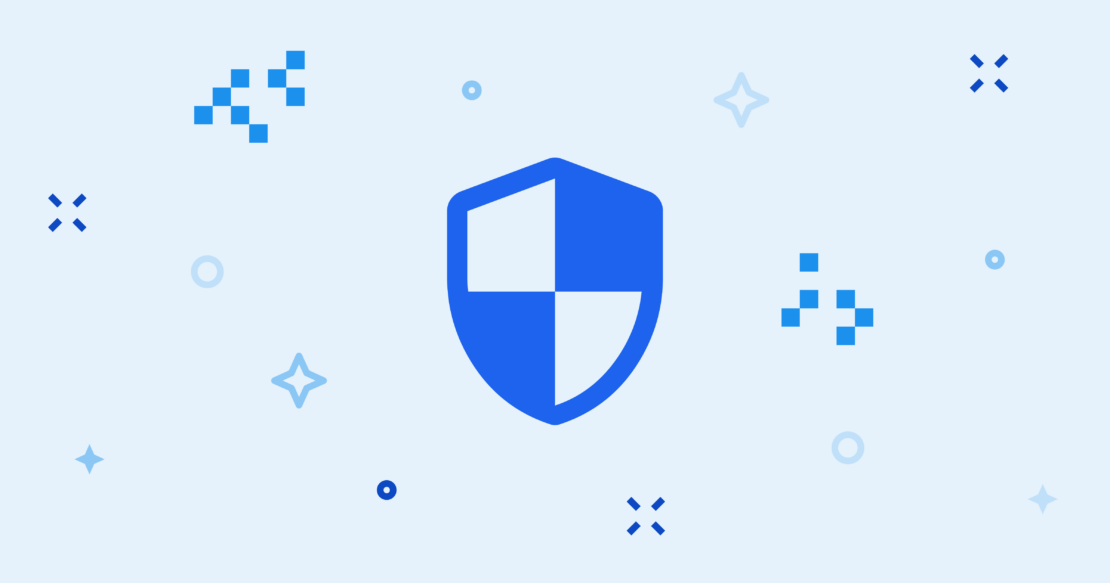Modern software is interconnected. When you develop an application, it has to communicate with other services — on your infrastructure, cloud infrastructure services, or third-party applications. Of course, you don’t want just anyone to masquerade as you, so you use secrets like SSH keys or API tokens to make the communication secure. But having these secrets means you have to keep them secret.
Unfortunately, sometimes the secrets escape. When this happens, it can allow bad actors to maliciously use the secrets or post them on the “dark web” for others to use. They can insert vulnerabilities into your code. They can impersonate you or deny legitimate users access to resources. And, if the secret is for something billable (like public cloud infrastructure), they can cost you a lot of money. No matter what other costs you face, the public relations impact can cause your users to lose trust in you.
In this article, we’ll cover a few ways that Docker can help keep secrets from leaking.
Before you read on: If your secrets have been exposed, the first step is to immediately invalidate them and check for compromises.

Controlling access with Docker Hub
The principle of least privilege is a powerful part of your security posture. If someone doesn’t need access to your Docker Hub images, they shouldn’t have access. Docker Hub provides private repositories so that you can keep your images to yourself. Docker Personal subscribers can create one private repository, while Docker Pro, Docker Team, and Docker Business subscriptions offer unlimited private repositories.
Keep in mind that even with private repositories, Docker Hub is not for storing account secrets. Private repositories are a layer in your defense-in-depth model.
Of course, sometimes you want to selectively share your images. Docker Pro, Docker Team, and Docker Business subscribers can add collaborators — accounts that can push or pull images in a private repository. Docker Pro subscribers can add one collaborator to a repository. Docker Teams and Docker Business subscribers can add up to the organization size. This means you can share images with the people who need them — and no one else.
Keeping secrets out
What’s better than protecting the secrets on your Docker image? Not having them in the image in the first place! While there are cases where you need to store a secret in order to make the proper connections, many cases of secret leakage involve secrets that were added accidentally.
The best way to avoid accidentally adding secrets is to use a secret manager, such as AWS Secrets Manager, HashiCorp Vault, or 1Password, which has some CLI options. If you have to keep the secrets in a local environment, you can prevent files from accidentally winding up on your image by adding them to the .dockerignore file. For example, if you’re worried about accidentally adding SSH keys to your image, you can include: *id_rsa*
This approach works well for secrets in files with predictable names. If you’re always storing your cloud credentials in a file called cloud_key.txt, then you’re well-covered. But you won’t catch cloud_credentials.txt.
You can add another layer of security with secret scanners. Tools like Aqua Security Trivy, Anchore, and JFrog Xray search your files for things that look like secrets. If you run the scanner before pushing your image, then you can catch the secret before it escapes. Many secrets scanners can be tied into a Git commit hook as well to prevent secrets from being included in your code.
Conclusion
Keeping your secrets secret is an ongoing process but worth the effort. Like everything in cybersecurity, there’s no one magic solution, but Docker provides features that you can use to help prevent leaking secrets.
To get the most from private repositories and collaborators, check out our subscription offerings.
Learn more
- Get the latest release of Docker Desktop.
- Have questions? The Docker community is here to help.
- New to Docker? Get started.
